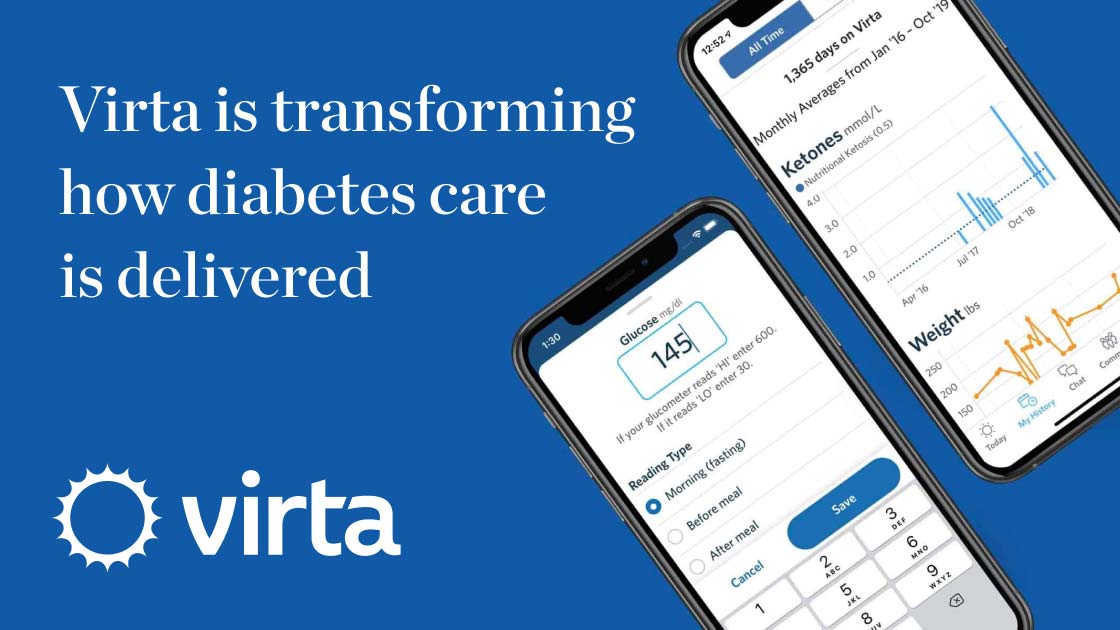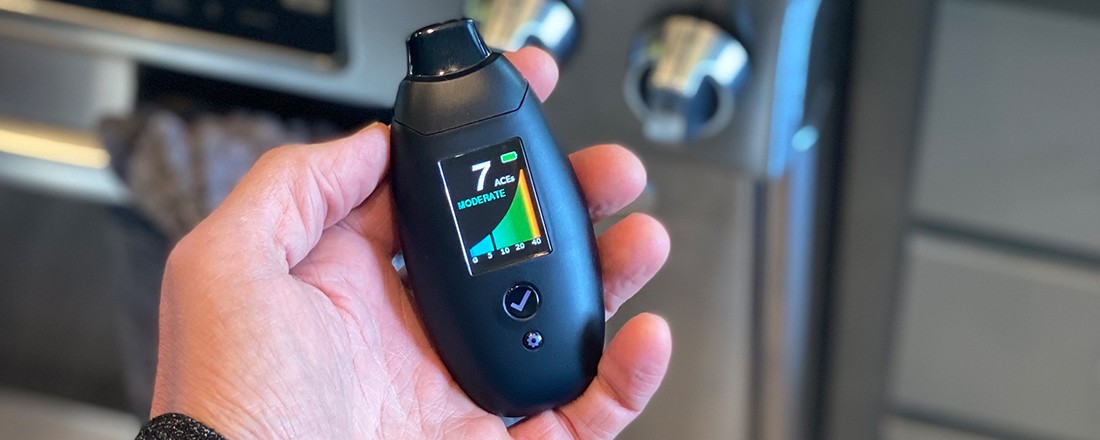The ketogenic diet is currently trending as the best diet for weight loss to date. It’s a high-fat, low-carbohydrate diet that produces ketones — the result of the breakdown of fats in the liver — to be used as energy.
With the keto diet showing up all over the news, in forums, magazines, and in conversations at the gym, there’s a lot of things being said that are true, but a lot of things that aren’t so true as well.
We’ve compiled a list of a few myths that’ve been debunked about going keto.
Myth #1: The Keto Diet makes you feel tired and sluggish
What the naysayers are referring to here is the Keto Flu. When you start the keto diet you might experience fatigue, headaches, and muscle aches.
However, these symptoms are actually a sign that the diet is working, and the body is switching from burning glucose as fuel to burning fat.
This is a profound shift for the human body that can have uncomfortable symptoms but usually, last only 3-4 weeks.
Myth #2: The Keto Diet will raise your cholesterol
he keto diet is not the Atkins diet and you will not be eating platefuls of bacon at every meal. While the majority of your diet will come from fat (60-75%) most people on keto choose to get their fat from a variety of animal and plant-based fats, so foods like avocados, nuts and healthy oils such as olive are usually in abundance.
Clinical trials have consistently found that low-carbohydrate diets not only helped individuals lose weight, but also improved their cholesterol. And one meta-analysis, citing 17 clinical trials, found that low-carb diets protected against major cardiovascular risk factors.
Many studies have also found that low-carbohydrate dieters had lower cholesterol than low-fat dieters after one year.
Myth #3: The Keto Diet is only for weight loss
The benefits of the ketogenic diet extend far beyond weight loss – they also include regulating hormone production, helping to normalize blood sugar, improving cognitive functioning, improving digestive health, and potentially even reducing the risk for certain diseases and disorders like diabetes or heart disease.
Myth #4: Ketoacidosis and Ketosis are the same
Ketoacidosis and ketosis are not the same things. Ketosis is the metabolic process of using fat as the primary source of energy instead of carbohydrates. Essentially, when there aren’t enough carbohydrates to use for energy, the body goes into ketosis and begins to break down fats.
On the other hand, ketoacidosis, typically seen in diabetics and sometimes others who follow the keto diet, can be life-threatening. Ketoacidosis is a condition resulting from dangerously high levels of ketones and blood sugar, which causes the blood to become too acidic and affects organ function. This is why tracking ketone levels is especially important when following the diet.



